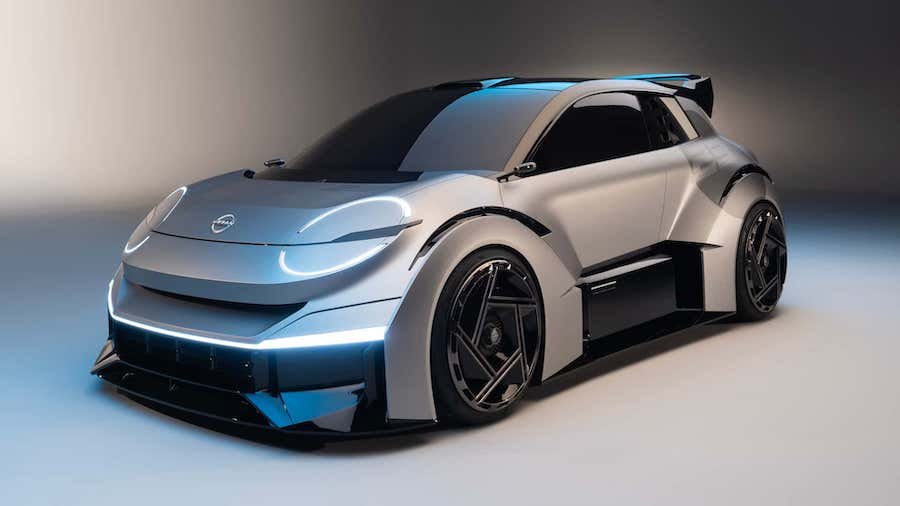Nissan to stop selling combustion cars in Europe from 2030

Nissan will only launch electric cars in Europe from now on and cease sales of all combustion-engined cars in the region from 2030.
The Japanese company's surprise announcement comes just five days after the UK government ripped up its 2030 ICE car ban by pushing back the date to 2035.
Nissan had been one of the manufacturers with most to gain from the date shift given its substantial market share in the UK with the locally built Nissan Qashqai and Nissan Juke petrol and hybrid models.
However, Nissan used the unveiling of its new Nissan Micra-previewing small electric car concept on Monday to announce that it was bringing forward its own EV-only strategy in the UK and Europe.
“We're at the tipping point of adoption for EVs. There’s no going back to ICE,” CEO Makoto Uchida said at the event held at the company’s European design studio in London.
Nissan has previously said it would be 100% electrified by 2030 in Europe, what meant it could carry on sales of its hybrid models, led by the Qashqai e-Power. The new announcement means that replacement models for the Juke, Qashqai and Nissan X-trail will be electric-only.
Nissan said that its decision was partly led by the UK's forthcoming ZEV Mandate, which will force brands to sell a rising percentage share of zero-emissions cars, from 22% in 2024 to 80% in 2030 and 100% in 2035.
The mandate means that the share of diesel or petrol cars on sale between 2030 and 2035 would be around 10% of the total, with hybrids taking the other 10%, Nissan head of Europe Guillaume Cartier estimated.
He said: “2030 is not changing. The ZEV mandate remains. We took our decision with this milestone."
Nissan's current EVs are the Leaf hatchback and Nissan Ariya family SUV. In 2025, it will replace the former with a small SUV, also to be assembled in Sunderland, and add the new Renault-built Micra in 2025.
Nissan said it plans to launch 19 EVs between now and 2030 globally, without going into detail.
It said it wanted to reduce the cost of batteries by introducing a cobalt-free cell chemistry by 2026 and launching lighter and longer-range solid-state batteries in 2028.
Uchida didn’t say if 'cobalt-free’ referred to lithium-iron-phosphate (LFP) or whether the plan was to install the chemistry at the Sunderland cell plant run by Nissan battery partner Envision AESC.
Nissan has the aim of reducing the cost of battery packs to $75 per kWh by 2028. A recent report from battery materials analyst Benchmark Minerals said current battery cell price (excluding pack) is $98 per kWh. To bring parity with ICE cars, the cell price has to come down to $80 per kWh, the company said.
“The critical point that will determine customer behaviour is total cost of ownership. If it's more favourable for EV, they will go for EV,” Cartier said, citing Nissan’s research suggesting high satisfaction among EV owners.
Related News
